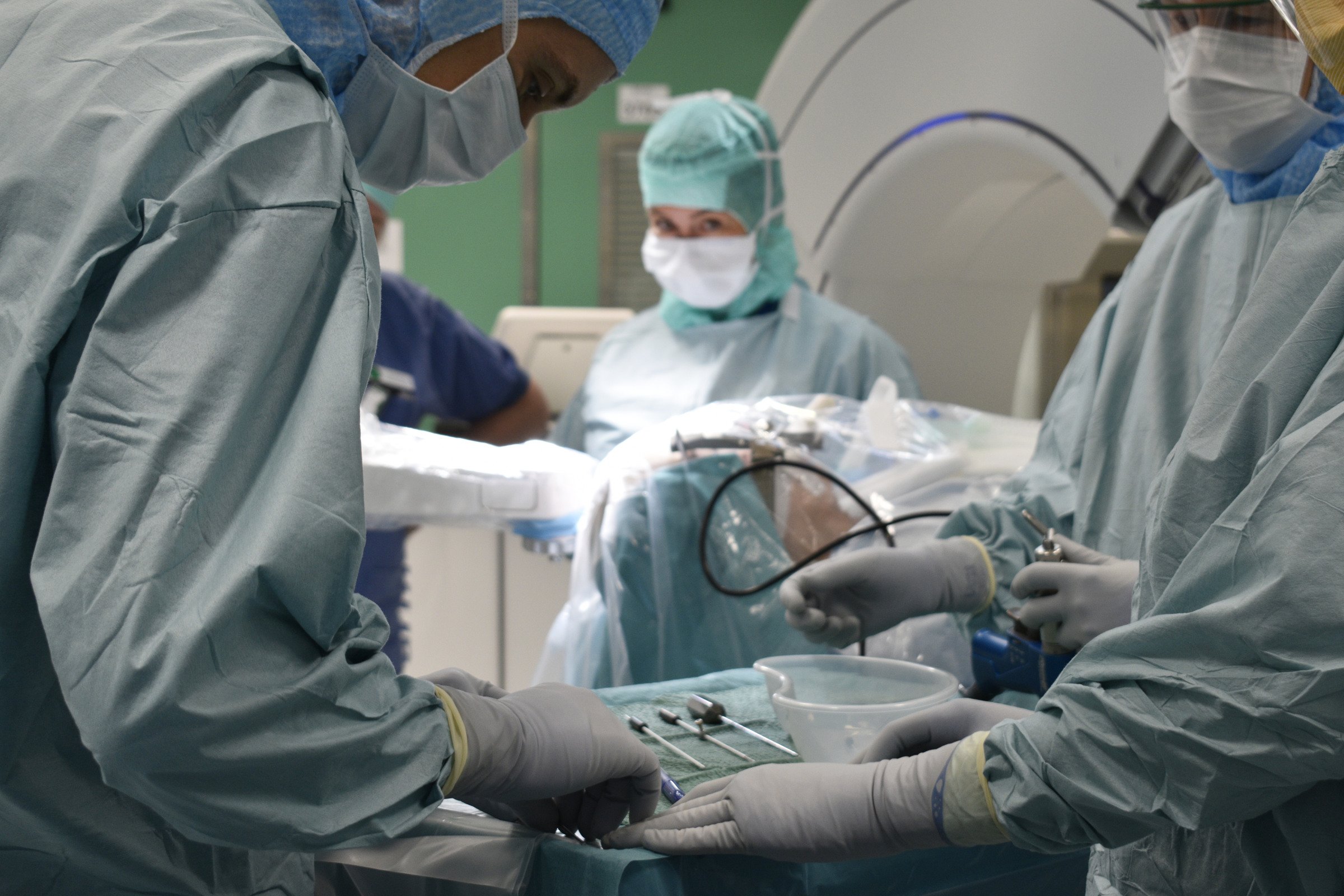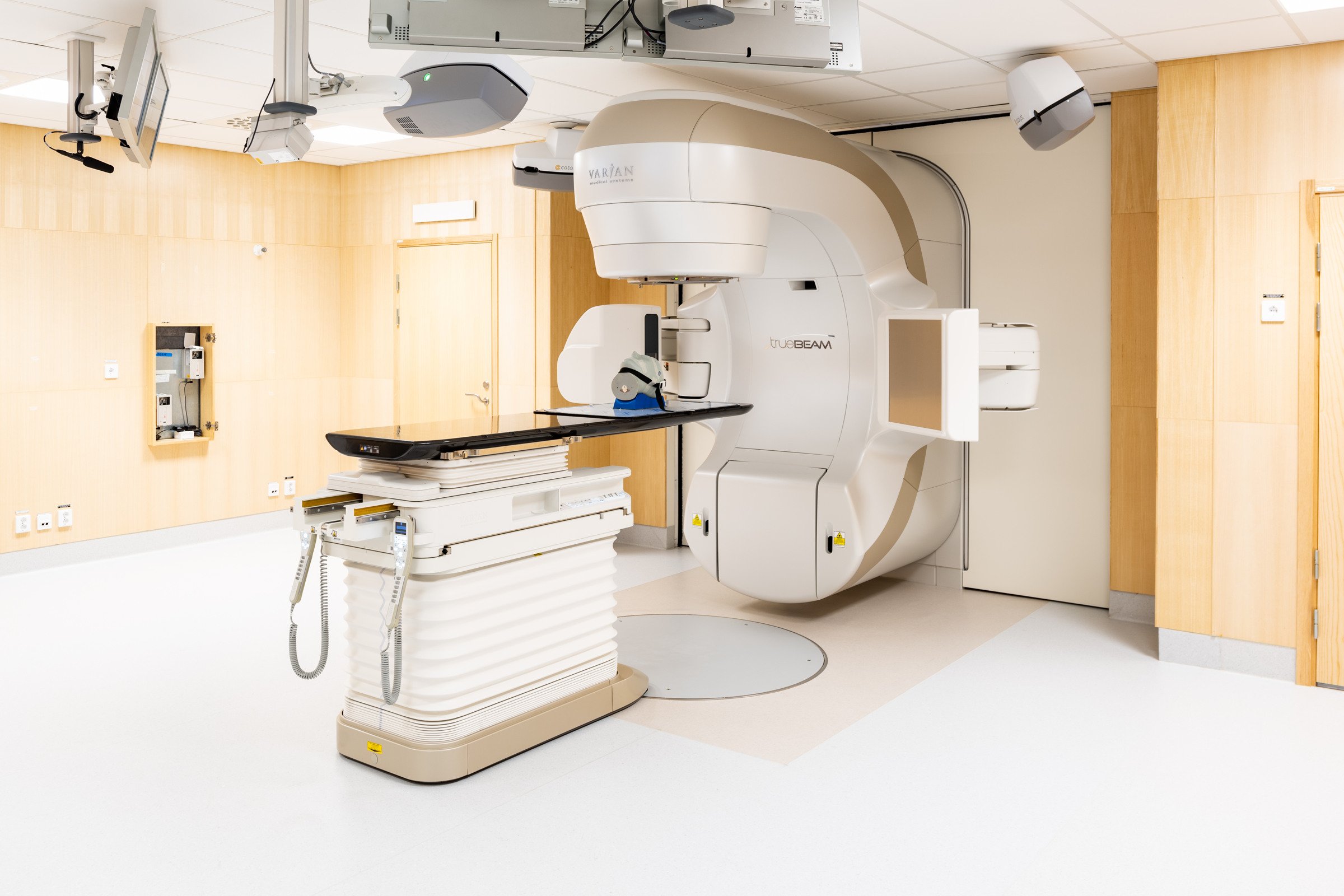Neurology
We receive patients with neurological diseases that require more specialized assessment and care.

The Karolinska University Hospital department of Neurology provides highly specialized care in a broad spectrum of neurological conditions, including stroke, spinal cord injury rehab, epilepsy, headaches, brain tumours, neuroinflammatory diseases, neuromuscular diseases and movement disorders.
In collaboration with Karolinska Institutet, we conduct extensive research and medical training. We have several successful research groups focusing on neurological diseases such as multiple sclerosis, stroke, ALS, brain tumors, epilepsy and Parkinson's disease as well as brain and spinal cord injuries.
Areas for diagnosis and treatments within neurosurgery
Conditions treated
Other conditions treated

Center
Karolinska’s center for epilepsy surgery is the largest of its kind in Sweden, with about 25-30 surgical procedures per year. Our teams in neurosurgery, neurophysiology, neurology, and neuroradiology work together to offer both children and adults the best possible treatment in order to increase their quality of life.

Center
Aiming to improve knowledge, competence, and care for all patients with rare diseases
Bringing together cutting-edge research and world-leading expertise
